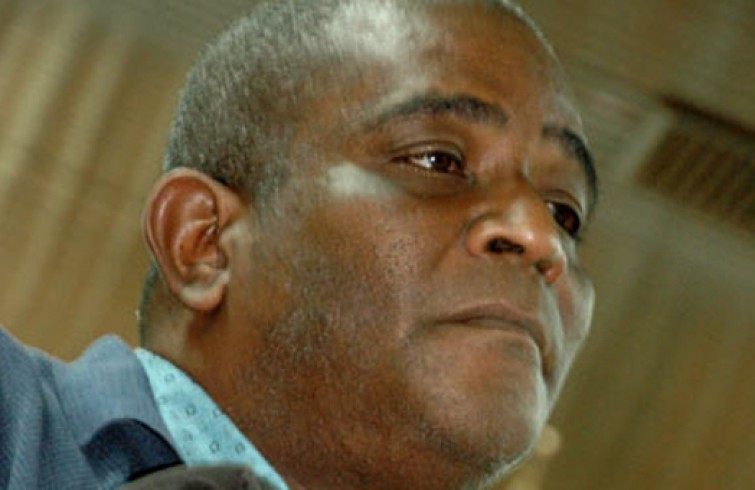Victor Fowler is a renowned Cuban writer of the Revolutionary Era. He has remained in Cuba and has published numerous essays and poetry collections, often focusing on the body, race, and sexuality.
BPR: What is the significance of being born in the period known as Revolutionary Cuba? How did your upbringing during this period influence your work?
VF: The significance is really great in my opinion. It’s something that changes your life and your way of thinking. I belong to the group of Cubans who don’t have memories of the period before the Revolution. In this sense, I am a man shaped by revolution – for good and for bad. All the things that I accept and all the things that I refuse are related to revolution in a certain way. This is just one part, and it’s a very important part. But besides that, I try to be independent of the Revolution. I am a human being. I have my ideas, some are aligned with the authorities in Cuba and others are not.
BPR: How has your writing been shaped by the fact that you stayed in Cuba as opposed to writing from abroad?
VF: I believe that the circumstance that I stayed in Cuba is very special…. The Cuban culture after the time of the Revolution is a way of life. When you live in one country, you understand things that happen around you in terms of the political situation… You live in an environment in which you are always aligning yourself around different ideas about culture, society, race, politics, power, and development while choosing and selecting. In that sense, to stay in Cuba has been very important for my work as a writer. Writing is a sort of attitude that is related to political situations and culture, but at the same time something wider. I am a Cuban of the socialist system. I am a Cuban of the Cuban culture. But I try to read, understand, and have dialogue with other cultural productions. So at the same time, I am a man of Latin American culture and am in dialogue with North American culture and with universal culture.
BPR: A lot of your research has to do with the historical relationship between North American blacks and black Cubans. What are your observations about this relationship in 2015?
VF: We are thinking about a country of Latin culture and a country of Anglo-Saxon culture – a small country and a big country, an island and a continent, the most important country of the capitalist system and a very small country of the socialist system. But in North America and Cuba, we both had countries with slaves, and now we both belong to a sort of post-colonial culture. And we have many similarities. For more than 200 years, we have been developing a history of fighting among black people to achieve their desires as free people, and not only free people, but also as human beings. We have been fighting year after year to reconsider, reassess, and represent human beings…. So, the first thing that we both should learn is that racism is a very big structure in the human mind. In this particular sense, we have the same enemy. With different names, but it’s the same enemy.
BPR: Has President Obama’s changing policies towards Cuba influenced your writing? How do you think Cuba will change as a result of these more open policies?
VF: I celebrated the policies of President Obama and so did Cuba. But until now, it’s not exactly an influence in my writing. We need to know what will happen in the future because President Obama has a wide field in front of him. Who knows what will happen in the following months? In the present, Cuba is changing as a result of the new policies, and I am sure that things will change more when the Cuban economic situation becomes more stable. It’s not possible to speak about open policies when you have an economy that is almost destroyed.
BPR: How does race impact politics and society in Cuba?
VF: Race is one of the most relevant points in politics and society in Cuba. The core of the type of society that socialist systems try to build is a society in which the difference of social classes disappears… But everybody knows and everybody understands that the majority of poor populations in Cuba are black people. So even when you don’t use the term “race” to speak about politics – even when you use the word “class” – in reality you are speaking about black people…. And in some parts, in some towns, it’s a highly visible majority. In other parts of the country, or parts of the city of Havana, it’s not the same. So even when you are speaking about social classes, and you develop a discourse, a political speech, an ideology about egalitarian society, and you suppress the use of the term “race,” in reality, at its root, you are speaking about race… After the European circuit of socialist countries, what is now the socialist system, the Cuban economy received a big economic shock. Since that moment, the Cuban government has been trying to sustain and not destroy the black, poor population.
